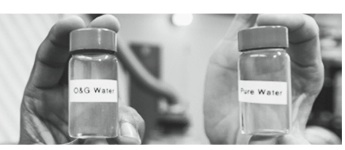March 6, 2017
By Bob Ciesielski, Chair, Energy Committee
 In December 2016, the Environmental Protection Agency (EPA) issued its most recent study on high-volume fracking, finding that the process can contaminate drinking water. It specifically removes the statement from its 2015 study that there is “no evidence that fracking systematically contaminates water” supplies. According to Thomas A. Burke, the EPA’s science advisor, “EPA scientists chose not to include that sentence. The scientists concluded that it could not be quantitatively supported.” The new 2016 report concludes that hydraulic fracking has contributed to drinking water contamination in all stages of the process: acquiring water to be used for fracking, mixing water with hazardous chemicals to make frack fluids, injecting frack fluids underground, collecting wastewater that flows out of fracked wells, and storing and disposing hazardous wastewater. The 2016 report is based on over 1,000 studies.
In December 2016, the Environmental Protection Agency (EPA) issued its most recent study on high-volume fracking, finding that the process can contaminate drinking water. It specifically removes the statement from its 2015 study that there is “no evidence that fracking systematically contaminates water” supplies. According to Thomas A. Burke, the EPA’s science advisor, “EPA scientists chose not to include that sentence. The scientists concluded that it could not be quantitatively supported.” The new 2016 report concludes that hydraulic fracking has contributed to drinking water contamination in all stages of the process: acquiring water to be used for fracking, mixing water with hazardous chemicals to make frack fluids, injecting frack fluids underground, collecting wastewater that flows out of fracked wells, and storing and disposing hazardous wastewater. The 2016 report is based on over 1,000 studies.